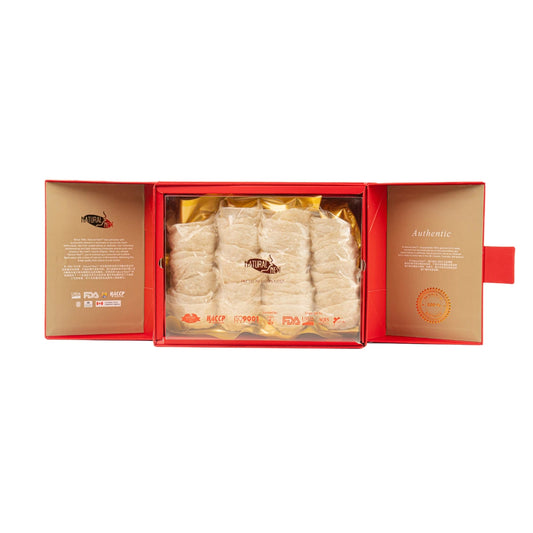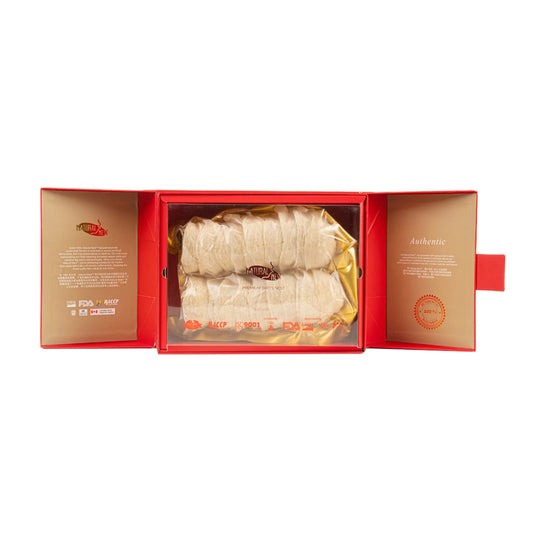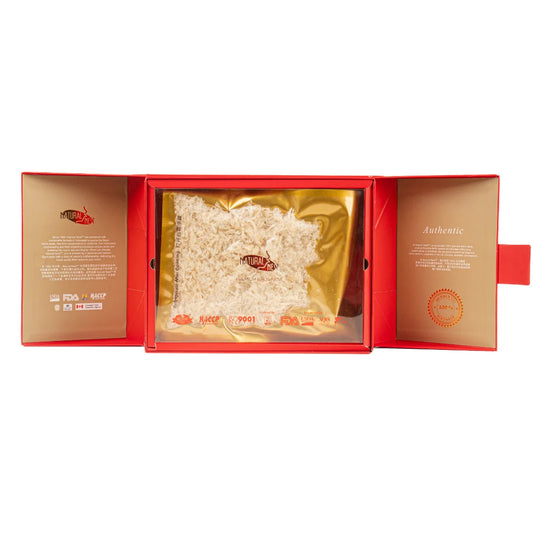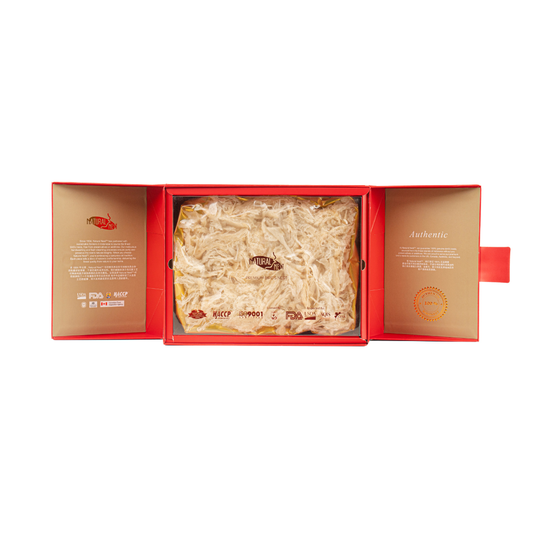Bird nest soup, a centuries-old delicacy made from the nests of cave-dwelling swiftlets, has long been celebrated in many Asian cultures for its purported health benefits. With its unique texture, collagen-rich composition, and reputation as a beauty and wellness tonic, it’s no surprise that bird nest soup has been dubbed a luxury food item. But with its high cost and the growing ethical concerns surrounding its harvesting, many are left wondering: is bird nest soup really worth the hype? Let’s take a closer look at its nutritional value and examine whether this famed delicacy truly lives up to its reputation.
1. What Makes Bird Nest Soup Special?
The primary ingredient in bird nest soup is the edible nest of the Aerodramus fuciphagus swiftlet, which is made from the bird’s saliva. Unlike most nests in the animal kingdom, swiftlet nests are not constructed from twigs or leaves, but from a protein-rich substance secreted by the bird’s salivary glands. When dried, these nests take on a translucent, delicate structure that softens into a gelatinous, slippery texture when cooked, giving bird nest soup its signature consistency.
Though the exact nutritional profile of bird nests varies slightly depending on the source, they are generally considered to be rich in proteins, amino acids, and trace minerals, which are believed to provide various health benefits.
2. Nutritional Value of Bird Nest Soup
Bird nest soup is often touted for its health-promoting properties, particularly its potential benefits for skin health, digestion, and overall vitality. Here’s a breakdown of its key nutritional components:
-
Protein: Bird nests are primarily composed of proteins, making them an excellent source of essential amino acids. The amino acids in bird nest soup, particularly glycine and asparagine, are believed to promote collagen production, which is vital for skin health, joint function, and tissue repair.
-
Collagen: Collagen is a structural protein found in connective tissues, skin, and bones. As bird nests are rich in collagen, they are often consumed for their anti-aging benefits. Collagen is thought to improve skin elasticity, reduce the appearance of wrinkles, and enhance the skin’s hydration levels, which makes bird nest soup particularly popular among those seeking to maintain youthful skin.
-
Amino Acids: In addition to collagen, bird nest soup contains a variety of amino acids, such as glutamic acid, serine, and threonine. These amino acids are essential for maintaining the body’s protein balance, supporting immune function, and improving muscle recovery. Amino acids also help in the formation of neurotransmitters, contributing to better brain function and overall mental clarity.
-
Minerals: Bird nest soup contains trace minerals like calcium, iron, potassium, and magnesium, which are crucial for maintaining healthy bones, muscles, and nerve function. These minerals also help regulate blood pressure and promote cardiovascular health.
-
Antioxidants: Although research on the antioxidant properties of bird nests is still limited, they are believed to contain compounds that may help neutralize free radicals in the body, potentially reducing oxidative stress and lowering the risk of chronic diseases.
3. Health Benefits of Bird Nest Soup
Bird nest soup is often regarded as a health tonic with a range of purported benefits:
-
Skin Health and Anti-Aging: The high collagen content in bird nest soup is one of the primary reasons it is consumed for beauty and anti-aging purposes. Collagen is essential for maintaining skin structure, and studies suggest that supplementing with collagen may reduce fine lines, improve skin elasticity, and promote a glowing complexion. As a result, many people consider bird nest soup a natural beauty remedy.
-
Immune System Support: Bird nest soup is believed to support the immune system, thanks to its amino acids and trace minerals. These nutrients can help enhance the body’s defense mechanisms, making bird nest soup a popular choice for individuals recovering from illness or looking to boost their overall immune health.
-
Respiratory Health: In traditional Chinese medicine, bird nest soup is often used as a remedy for respiratory issues. It is thought to help with conditions such as asthma, chronic coughs, and bronchitis by soothing the lungs and promoting clearer airways.
-
Digestive Health: The soup is also believed to aid digestion and promote gut health. The amino acids in bird nests may help support the production of digestive enzymes, improving nutrient absorption and reducing bloating or discomfort.
4. Is It Really Worth the Cost?
While bird nest soup is praised for its nutritional value, it comes with a hefty price tag. A significant factor driving its high cost is the labor-intensive process of harvesting the nests, often requiring dangerous climbs to remote caves or cliffside locations. Additionally, the nests are fragile and time-consuming to collect, clean, and prepare. This scarcity and complexity contribute to the soup’s status as a luxury item.
For those looking to experience the benefits of bird nest soup, it’s important to weigh the costs—both financial and ethical. The growing concerns around unsustainable harvesting practices and the welfare of the swiftlets have led to calls for more responsible sourcing. As awareness increases, some producers are moving toward farm-based swiftlet breeding, which can offer a more ethical and sustainable way to produce bird nests.
5. Conclusion: Is Bird Nest Soup Worth It?
Ultimately, whether or not bird nest soup is "worth the hype" depends on what you’re looking to achieve. If your primary goal is to enjoy its health benefits—such as improved skin health, boosted immunity, and enhanced digestion—there are alternative options that can offer similar results at a fraction of the price, such as collagen supplements, plant-based alternatives, or antioxidant-rich foods like berries and green leafy vegetables.
For those who value its cultural significance and unique texture, bird nest soup may remain a cherished treat. However, when considering both the high cost and potential ethical concerns, it’s important to make an informed decision about its consumption. If you choose to indulge, opt for responsibly sourced nests and be mindful of the environmental impact.
In short, bird nest soup’s nutritional profile is impressive, but whether it’s worth the expense and ethical considerations is a personal decision. For many, it may be a luxury item best enjoyed occasionally, while others may prefer more sustainable and cost-effective alternatives.












